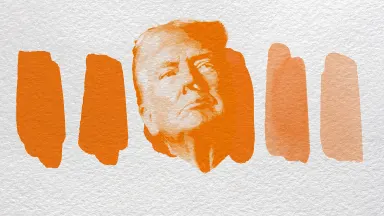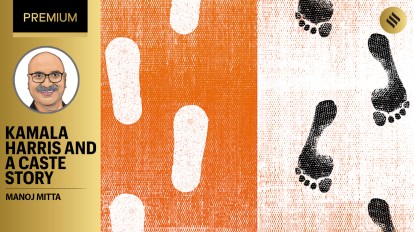Kamala Harris, the Vice President of the United States, has a unique and often overlooked connection to an Indian law that relates to caste. Harris, whose mother is of Indian descent, was born to Shyamala Gopalan, a cancer researcher from Chennai, and Donald Harris, a Jamaican economist. Her Indian heritage links her to a country with a complex history of caste discrimination, a system that has been deeply embedded in Indian society for centuries.

Source:- news 18
In India, the caste system is a hierarchical social stratification that divides people into different social groups, or castes, based on birth. Although the Indian Constitution, adopted in 1950, officially abolished untouchability and discrimination based on caste, the system’s influence persists, impacting social and economic interactions.
Source:- bbc news
One significant piece of legislation addressing caste discrimination is the “Scheduled Castes and Scheduled Tribes (Prevention of Atrocities) Act” of 1989. This law was enacted to protect members of these historically marginalized communities from violence and discrimination. It aims to prevent and punish atrocities committed against individuals based on their caste, offering legal recourse and protection.
Harris’s connection to this legal framework underscores the global implications of caste and the importance of laws like this in combating discrimination. Her prominence in American politics brings attention to issues of social justice that transcend borders. While Harris’s direct involvement with the Indian legal system might be limited, her background highlights the ongoing relevance of caste issues and the legal measures designed to address them.
In summary, Kamala Harris’s story intertwines with Indian caste legislation, reflecting the broader impact of caste discrimination and the efforts to combat it through legal means.
SHARE YOUR VIEWS IN THE COMMENTS

